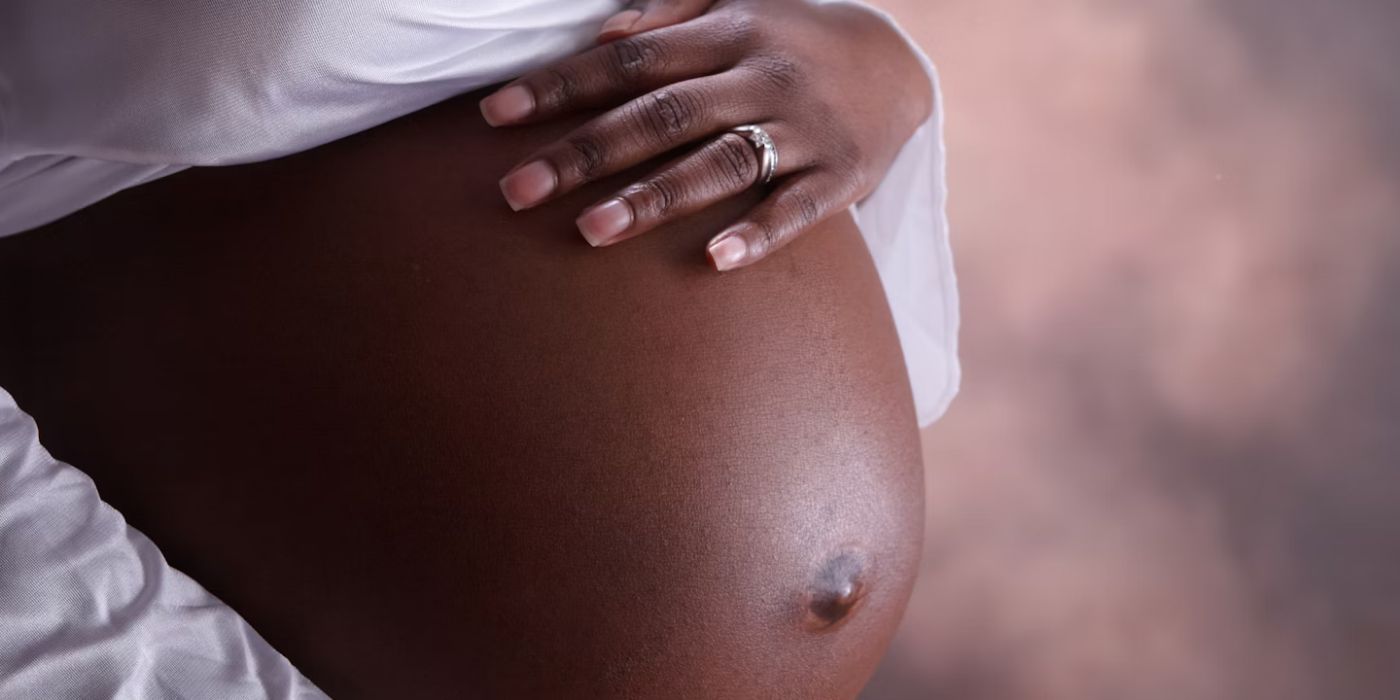

A recent investigation by the UK Parliament’s health and social care committee has found that Black women in England experience substantially poorer maternity care outcomes than white women because of systemic failures in the health service, particularly around leadership, accountability and recording of data. The report states that Black women are more than twice as likely to die in childbirth when compared with their white counterparts, while babies born to Black mothers also face a greater risk of stillbirth. These troubles stem partly from the fact that Black women’s concerns are consistently “not taken seriously” due to bias, stereotyping and racist assumptions, the report finds.
Paulette Hamilton, Labour MP for Birmingham Erdington and acting chair of the committee says:
“Safe maternal care for Black women depends on a workforce that listens to, understands and respects their needs,” and “Leadership must be effective but it must also be accountable. This report proves that this is not, currently, the case.”
She adds that the government’s forthcoming investigation into NHS maternity care must become a moment of turning point for Black women, insisting that,
“in-built structural racism in maternity services repeatedly fails Black women. Acknowledging this and addressing racial disparities in maternal outcomes must be one of the investigation’s core aims.”
.jpeg)
The committee calls for cultural competency training to be made compulsory for all NHS staff working in maternity services. The current lack of mandatory training is described in the report as “indefensible.” It also highlights that many NHS trusts are failing to collect consistent information on patients’ ethnicity, leaving the system blind to where and how its services are failing. To improve oversight the committee urges acceleration in the development of a maternal morbidity indicator, a measure already promised but not yet in place.
Advocacy group Five X More previously found that almost half of pregnant Black women raised concerns with healthcare professionals during labour, and half of those said their concerns were not properly addressed.
Tinuke Awe, co-founder of Five X More, said the committee report was welcomed, and that there was “urgent need to tackle systemic failings in maternity care” for Black women. She added:
“For too long, Black women have been ignored in maternity care, and the recommendations in this report highlight that change is overdue. We believe now is the time to act. Fix it for Black women, fix it for all women.”
.jpeg)
Clare Livingstone, head of policy and practice at the Royal College of Midwives, called the elevated risk that Black women face during pregnancy and childbirth a “disgrace.” She said:
“The recommendations in this report must be acted upon urgently and everyone in maternity services must work together to tackle these shocking disparities.”
A spokesperson for the Department of Health and Social Care said that racism in any form is “completely unacceptable” and that the government is determined to reduce the shocking disparities addressed by the report. They pointed out that steps are being taken including launching an anti-discrimination programme, increasing the number of midwives, and introducing new standards to tackle leading causes of maternal mortality.